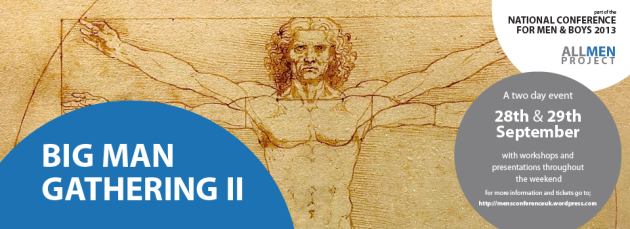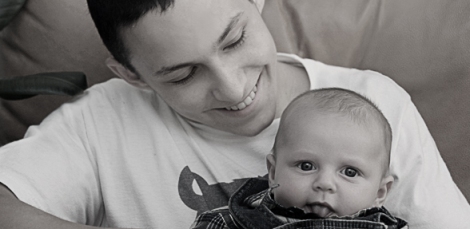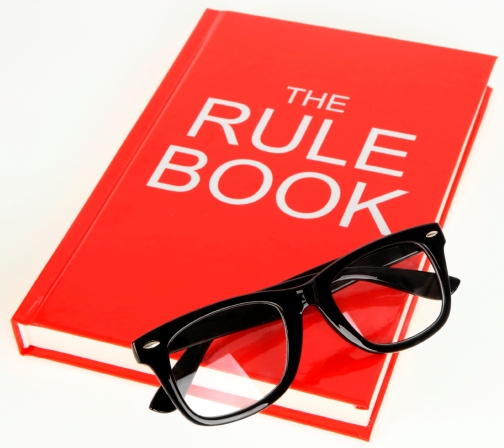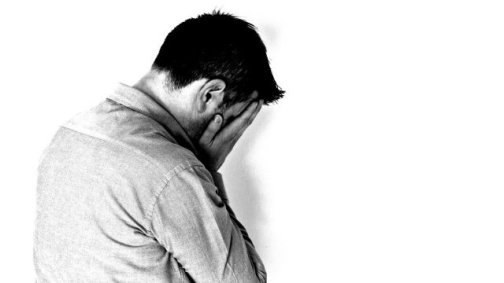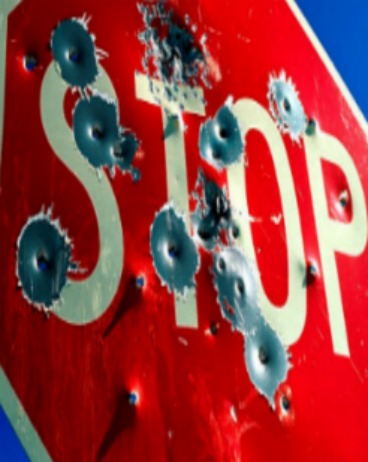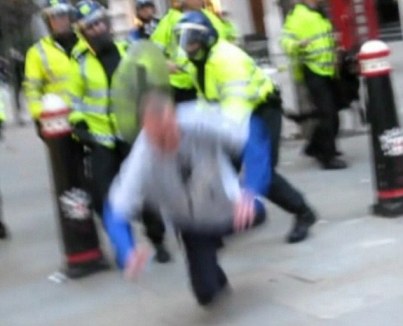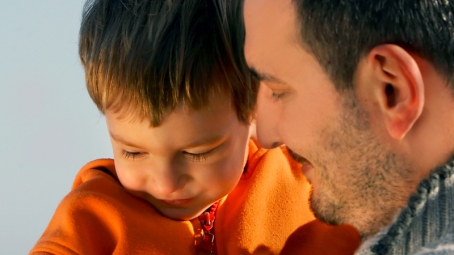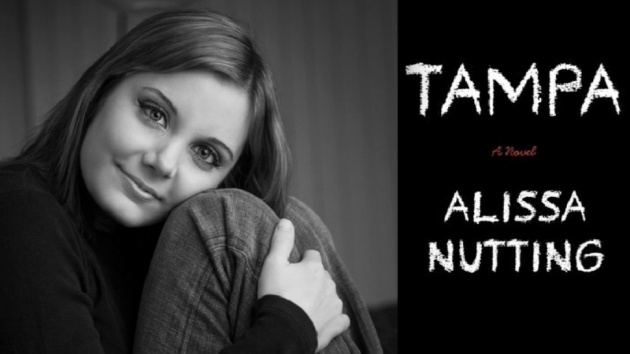 There’s been a lot of talk about online misogyny in the past week after Twitter made a public apology to women who have been subjected to rape threats. So is online abuse a gender problem? Is this another area of life where “women have problems and men are problems”? And if misogyny is a problem, what about online misandry?
There’s been a lot of talk about online misogyny in the past week after Twitter made a public apology to women who have been subjected to rape threats. So is online abuse a gender problem? Is this another area of life where “women have problems and men are problems”? And if misogyny is a problem, what about online misandry?
We don’t pretend to have all the answers but you can rely on the National Conference for Men and Boys to always try and offer a broad range of perspectives—which is another good reason to buy your conference tickets online today.
In the meantime, here are some of the most interesting voices talking about online abuse from a gender perspective relevant to men and boys in the UK that we’ve heard so far:
It’s not misogyny it’s just plain bad manners
“What is problematic is that the organisers of Trolliday do not see this as a question of manners, but of misogyny – hate crime, in other words. The women-hating trolls do not show that society has a problem with misogyny……the most pleasant places to live are those where…..men in particular have an incentive to be viewed as gentlemen – a word sadly missing from this debate about the treatment of women.”
Ed West, The Spectator, Why do people write abuse on the internet?
This is a man-made problem and women are the victims
“This is a men-on-women issue. Guys are pretty much doing it to the girls. Which, thankfully, is where our good friend socialism steps forward. Because this will not stand for those of us who are socialists. We are all equal.”
John Niven, Daily Record, Trolls who abuse
It’s not a gender issue
“I don’t think it’s a gender thing at all….I couldn’t say whether it happens more to women or to men but it’s quite clear that men and women will both abuse people online and be the recipients of that abuse.”
Professor Mark Griffiths, BBC, Why cyberbullies are targetting women
Women don’t troll
“There are very few female trolls because women are more virtuous than men….. women of any age will never hate men as much as teenage boys hate women.”
Jennifer Wright, The Gloss, Where are all the female internet trolls?
Women do abuse men online
“A female tweeter I didn’t follow…tweeted that I was a **** – an interesting word for a self-confessed feminist to use. I replied to the profanity….My words were immediately re-tweeted. For the next 24 hours I was subjected to abuse and threats of violence from many of this writer’s 70,000-odd followers….Despite a reporter’s thick skin, I’ll confess to a sleepless few nights. I’d never received such constant abuse and it certainly affected me emotionally.”
Niall Paterson, Sky News, What About Male Victims?
Women abuse other women
“Abuse also happens online by women against women. This includes harassment, cyber-bullying, Gaslighting, mobbing, verbal abuse. It also happens within feminism. And yet…..feminism is deathly quiet on the issue. The anger & volume that we collectively use to denounce male violence is noticeably absent when it comes to women that abuse.”
Portia Smart, Feminist Blogger, We need to talk about women
People who live in glass houses….
“Caitlin Moran might well fall foul of a new, improved “report abuse” button. She’s been quite vociferous in her condemnation of the attacks on Caroline Criado-Perez, even proposing a 24-hour boycott of Twitter to protest about the site’s failure to deal with the abuse problem. She appears to have forgotten that, three years ago, she was pretty abusive towards me. Here are a couple of things she tweeted while I was debating Germaine Greer on BBC2’s Late Review:
“God, the reliability of Toby Young to be a total C*** could be used to power the atomic clock.”
“Oh, Germaine Greer. You’re still F***ING MAGNIFICENT. Please end this brilliant monologue by running a sword through Toby Young’s face.”
Toby Young, Daily Telegraph, Most twitter trolls are harmless attention seekers
Most trolls are boys (and so are most victims)
“I was really surprised to find the level of boys admitting that they got involved in cyber bullying and the number of boys who have been victim of cyber bullying. Sixteen percent of males said someone had sent them a threatening message online, compared with 7 percent of females. And 11 percent of males said that they had sent threatening messages online.”
Sarah Pedersen, Huffington Post, Cyber-bullying, are boys worse than girls
I’m a man and I love to troll
“I come from a cohort and culture of males in which a cheap jibe or insulting comment is part of everyday interaction, held under the banner of ‘crack’ and ‘banter’. I am not condoning abuse of any sort, I realise that it occurs amongst peers causing a great degree of harm. In combating fascism we tread the fine lines of freedom of expression, but we must be sure in distinguishing the difference between what is actually offensive and what is an impulsive comment towards people enjoying their 15 minutes of fame.”
Daniel Swanson, TEDx Salford, What to do about trolling
Kill All Men? Ignore it, it’ll go away
“It can be very tempting, when one’s human sub-group is challenged, to respond in kind…..we tend to react strongly when our “team” is called out. That’s why the recent Twitter trend of appending the #killallmen hashtag to various female grievance-oriented posts is such a frustrating phenomenon: It’s a direct provocation, and something of a mass movement, but it’s also too crazy to pay much attention to.”
Michael McKenna, Ask Men. Why #KillAllMen is a thing that exists
Autistic men need better protection from online bullies
“Because of my autism I can’t do social things like go to the pub or go to nightclubs. Ninety per cent of my life is spent online. The entire social aspect of my life is online. But every time I go online I get abuse. Current laws against cyberbullying just don’t work at all. They haven’t worked for me.”
Kevin Healy, Autism Campaign speaking to BBC, Why cyberbullies are targetting women
Men get bullied by girls
“There’s something about a bully that really annoys me. They’ll say something online that they’d never dare to say to your face.”
Comedian and self-professed “troll slayer” Dom Joly who discovered that one of those who’d threatened him was a 14-year-old girl with nine different online identities. BBC: Trolling who does it and why?
There’s more misandry than misogyny
“There is ten times more misandry expessed in the west than there is misogyny, but people have been trained not to notice this…..Blocking men’s voices on the grounds of ‘misogyny’ is common on internet forums, websites and social media such as Facebook – even when these voices are clearly not misogynistic at all. The upshot is that misogyny is going to continue to increase until men get a fairer deal and until they can express their views without being continually blocked by the overly politically-corrected and feminist-dominated. Of course, those rape threats were, in my view, completely unacceptable. But I can assure you that men have been on the receiving end of similar threats ever since the internet became a place where men and women have been in verbal conflict.”
Angry Harry, Blogger, commenting on Why do people write abuse on the internet?
When it’s a male victim we ignore the gender
“Women’s groups have been very adept at ‘genderising’ any and all problems that affect females, and are able to exploit the media’s obsession with women-specific issues. As the current Twitter abuse issue shows, they have asserted that it is almost always women that receive these kinds of comments. On the other hand, abuse aimed at men is assumed to be non-gendered, receives no attention, and is usually considered fair game. Complain, and you’ll never be far from a ‘man up’ style dismissal. As is so often the case, there are double standards in play here.”
Tim Reed, commenting on Why do people write abuse on the internet?
Online abuse is not limited by gender
“If you cast a wide enough net you soon discover that online abuse is not limited by gender. If we want to live in a less sexist society it does mean finding ways to tackle misogyny. It also means taking time to understand and address the experience of male victims of violence and abuse too.”
Glen Poole, National Conference for Men and Boys, writing in The Guardian Comment Is Free section
Click here no to buy your conference tickets online today.

